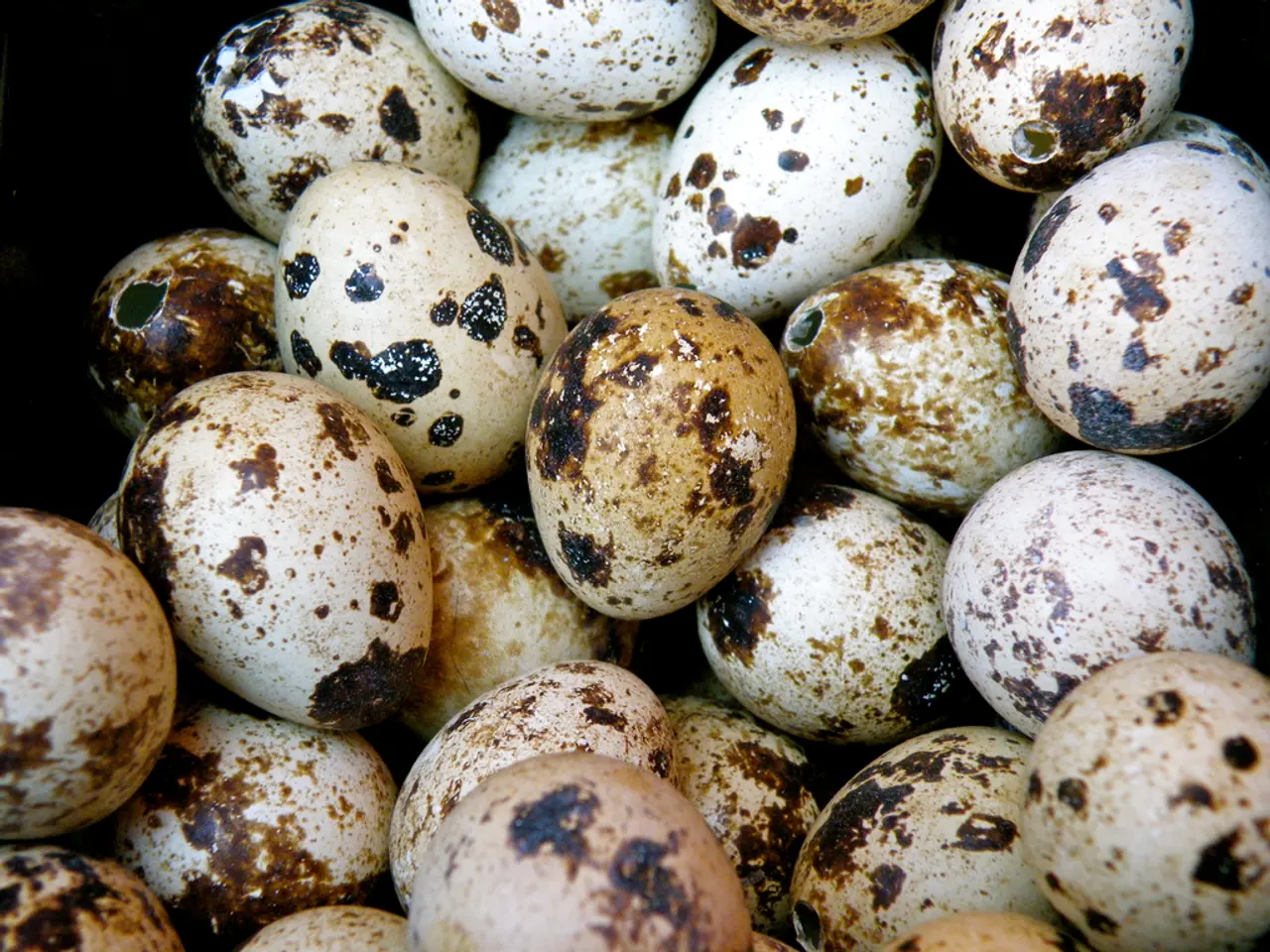Cannabis use may harm female reproductive capabilities, finds recent research
In a groundbreaking study, researchers at the CReATe Fertility Centre in Toronto, Canada, in collaboration with scientists from the University of Toronto and other institutions, have shed light on the potential impact of cannabis on female fertility and in vitro fertilization (IVF) outcomes.
The study, which was conducted over a significant number of participants (1,059 women undergoing IVF), found that cannabis can negatively affect female fertility and IVF. The research focused on the effects of THC, the primary psychoactive component in cannabis, on isolated human eggs in the laboratory and the IVF results of patients with detectable THC in their follicular fluid.
Dr. Wolfgang Paulus, from the reproductive toxicology center at Ulm University Hospital, suggests that THC may have fewer effects on reproduction in young women with no genetic abnormalities. However, the study found that THC can cause more errors in chromosome distribution and defective egg cell structure, potentially leading to an abnormal set of chromosomes (aneuploidy), a common cause of miscarriages.
The study also observed spindle malformations significantly more frequently at higher THC doses. The spindle apparatus, a key structure in the egg cell, plays a crucial role in the correct distribution of genetic material during cell division. Dr. Artur Mayerhofer, from the Biomedical Center at the LMU of Munich, finds the study's findings on the spindle apparatus significant but notes that it does not account for the effect of age on spindle disorders.
THC was found to alter the activity of genes in the egg cell responsible for the correct distribution of genetic material during cell division. This could potentially explain the observed errors in chromosome distribution and the lower rate of euploid (genetically healthy) embryos among THC-positive patients.
The study also examined possible errors in cell division and the probability of an embryo having a healthy set of chromosomes (euploidy). It was found that although eggs mature slightly faster and more frequently in patients with THC in their follicular fluid, they had significantly fewer embryos with a healthy chromosome set.
Dr. Mayerhofer also criticizes the study for lacking information on cannabis consumption habits, such as frequency, timing, dosage, and type of consumption. He suggests that future studies should examine the effects of THC on different age groups and consider the influence of other drugs.
While the study provides valuable insights into the potential impact of cannabis on female fertility and IVF, it's important to note that more research is needed to fully understand the mechanisms at play and to determine the potential risks and benefits of cannabis use in this context.






